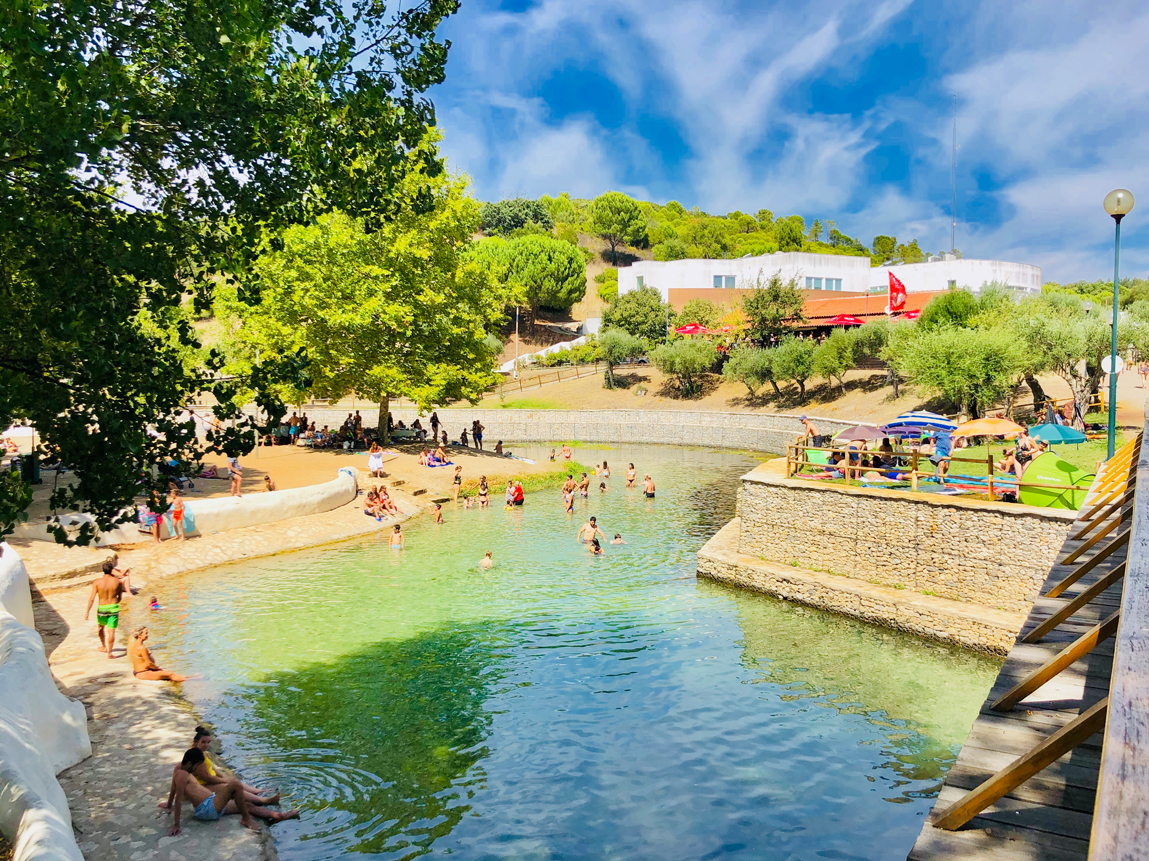The origin of the village of Alcanena dates back, some historians, to the Arab occupation of the Peninsula, from which it inherited, in addition to toponymy, the fixation and development of skin tanning works. For centuries the history of Alcanena was diluted in the general history of the municipality of Torres Novas, from which it hung up administratively at the beginning of the century.
The village was taken by the Portuguese during the reign of D. Sancho I, who had great importance in its settlement. In the course of history, Alcanena suffered from the struggles with Castile and, later, with the French invasions and with the liberal struggles between D. Pedro and D. Miguel.
Liberal land par excellence, Alcanena vibrated with the implementation of the Republic, to which it is closely linked. Its autonomy, by law, would arrive only in 1914, but from an early age began to be evidenced by the characteristics of its economic activities, with special emphasis on the tannery industry. But if economic dynamism was a reality, so were the ideas of administrative autonomy linked to a strong implementation of republicanism.

Located in the former ribatejo region, now called The Middle Tagus, the municipality of Alcanena currently has about 12,472 inhabitants, distributed by seven parishes, distributed by a rough terrain, with multiple elevations and numerous valleys, with approximately 12,700 hectares, where the olive groves predominate, some eucaliptals and pine forests, arable crops and bushes.
Much of the northern area of the municipality was integrated into the Natural Park of serras de Aire and Candeeiros, of unique natural beauty, which allows you moments of leisure and tourist in nature.
The municipality is today a territory still characterized by the industrial activity of tanneries, which is its main economic base, followed by the textile industry that, with historical roots in the parish of Minde, also assumes an important role in the local and regional economy.
The easy access to roviaria roads, such as the A1 and A23, as well as the EN361 and other national and municipal roads, allow a good movement of goods and people, both to other urban centers and between the parishes. There is also a reasonable transport network available, which facilitates the movement of the inhabitants and visitors of the municipality.
The gastronomy has heritage of Ribatejo and Serra, and presents us to the table dishes such as cachola, black puddings, baits and sausages. In the sweets, stand out the almond cake, the coscorões, the breads and the rotten cakes.
In the handicrafts, stand out the leather products, the famous blankets of Minde, the dolls of rags and various works in bunho.
Source: Alcanena Town Hall